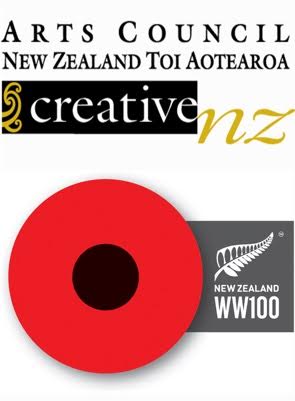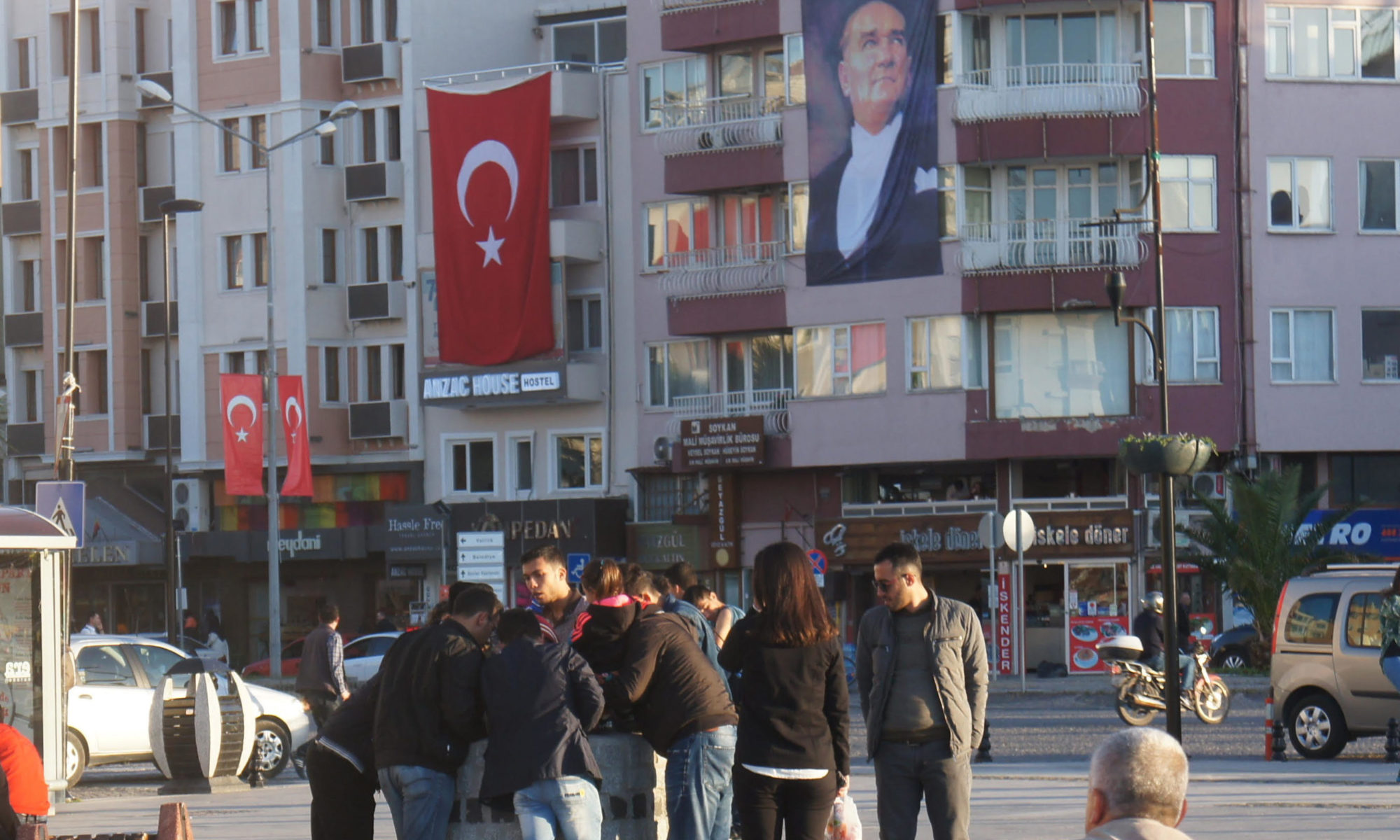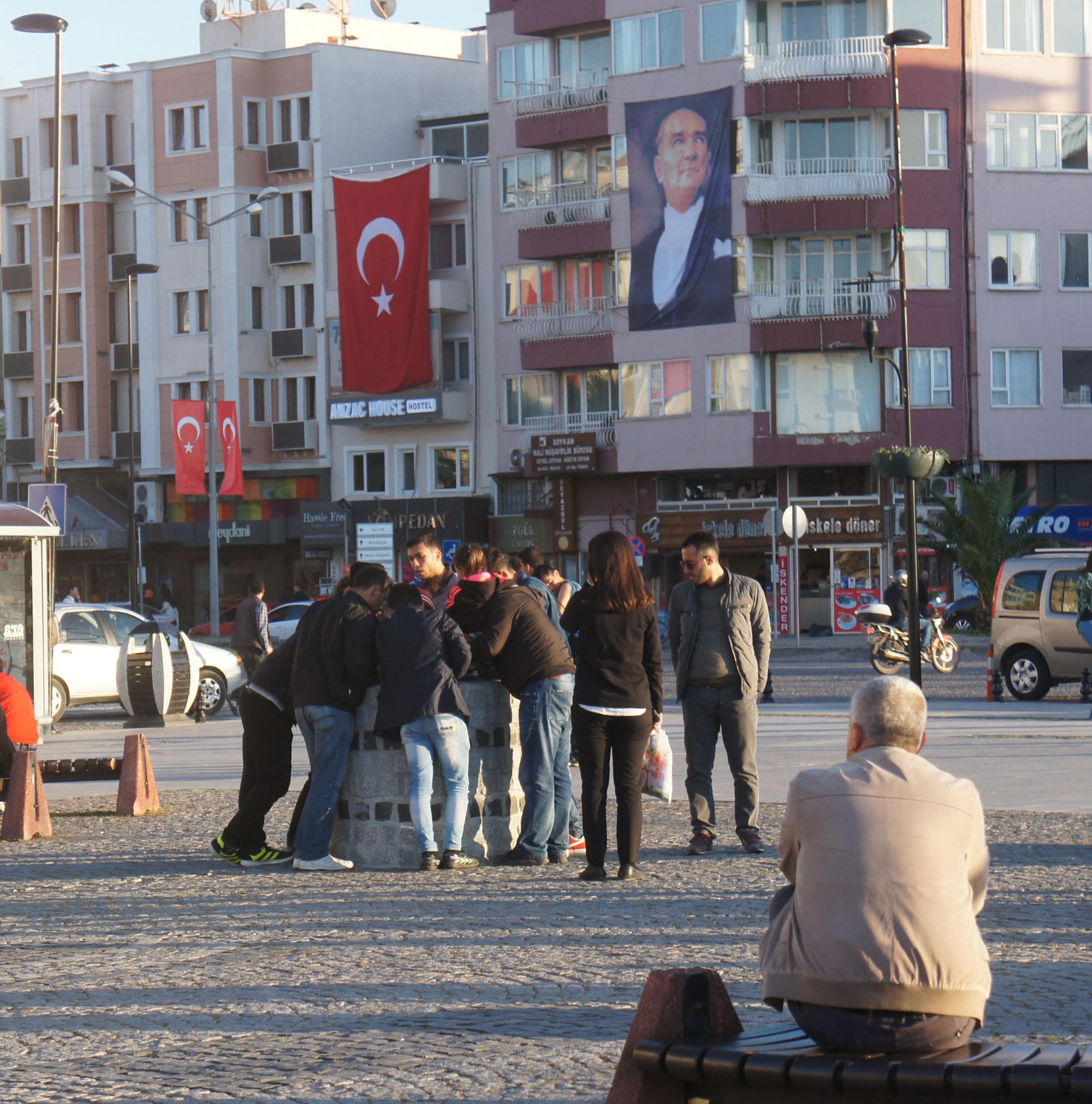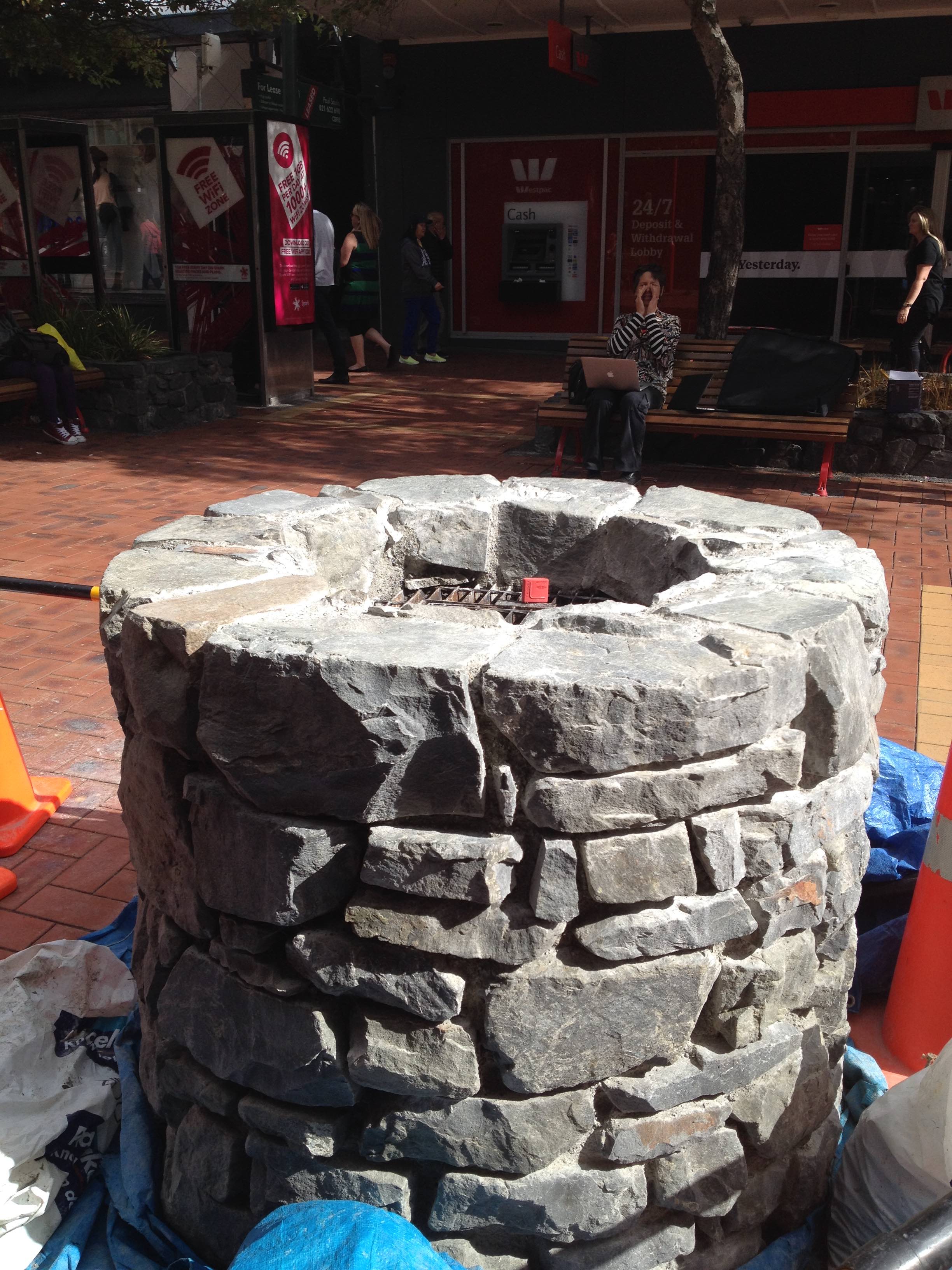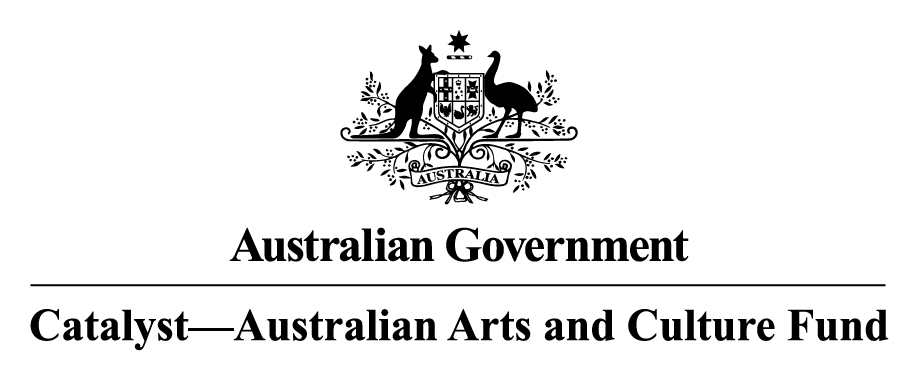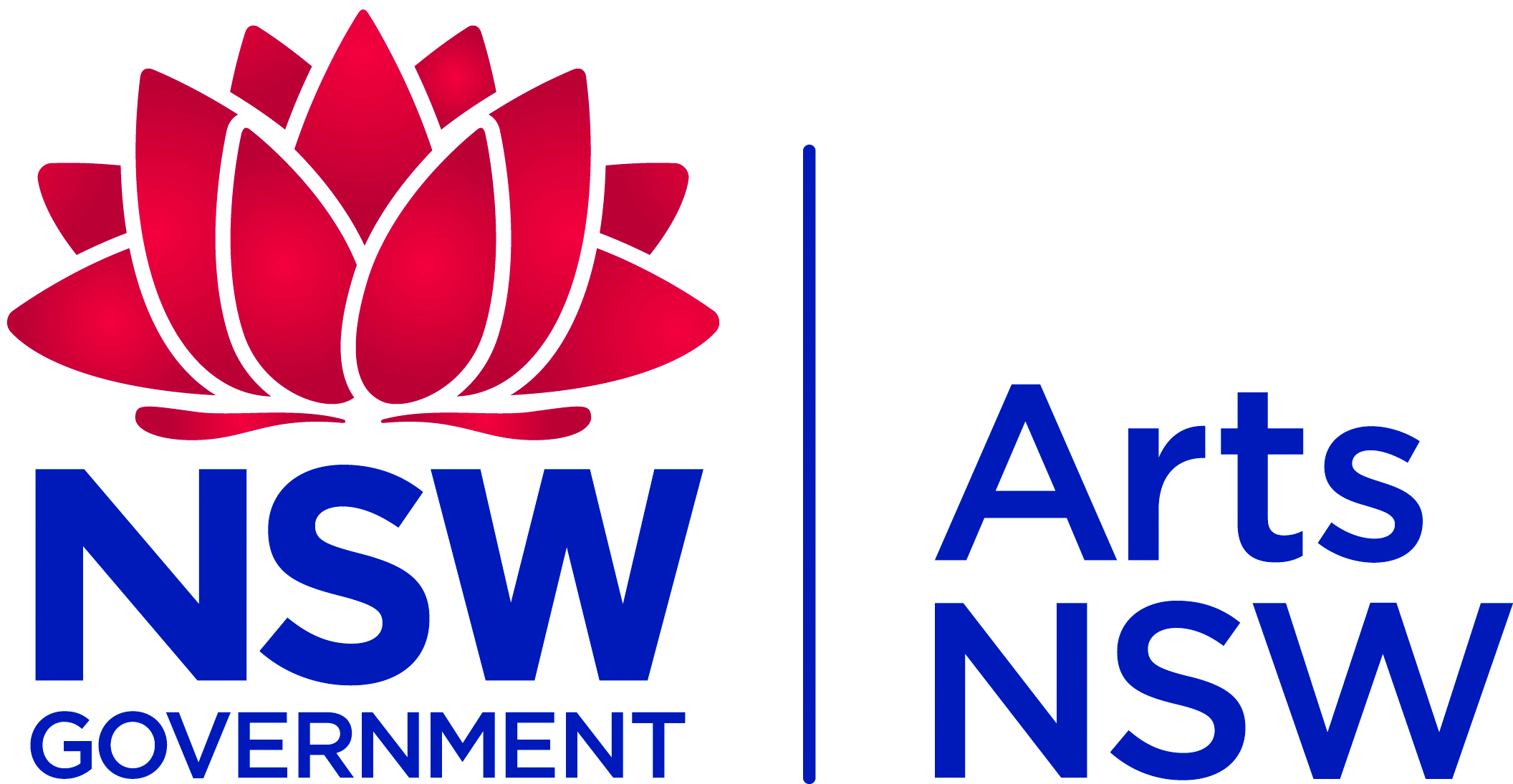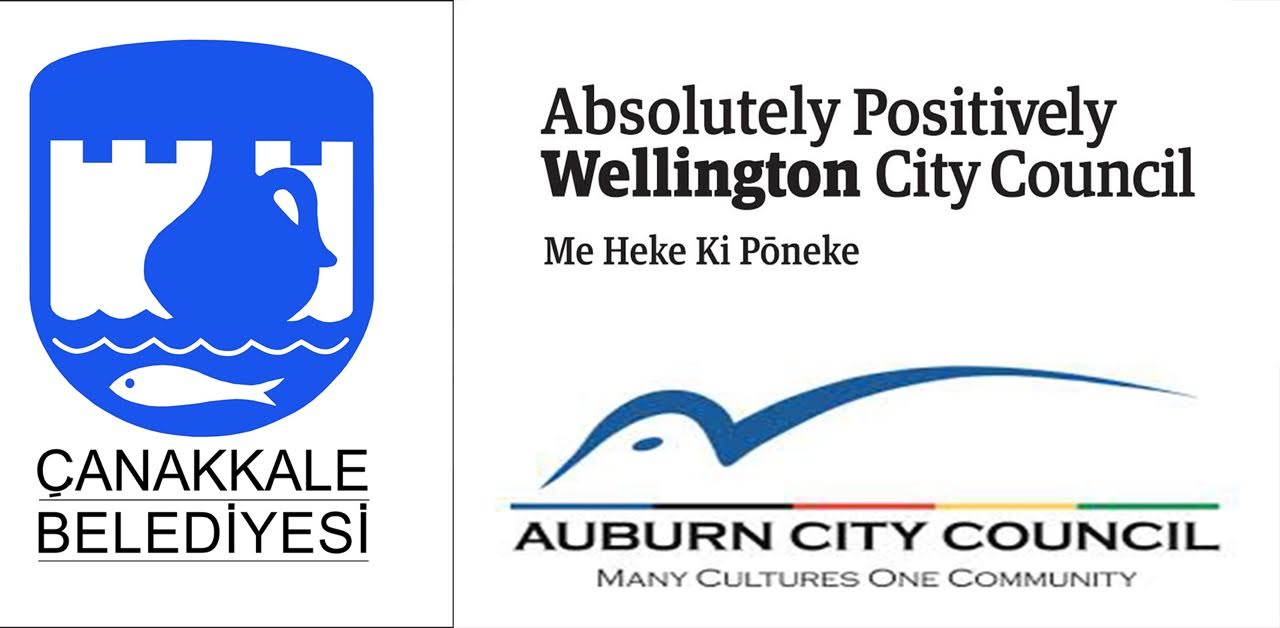This most recent iteration of the Sonic Wells project linked the geographically separate communities of Canakkale (Turkey), Wellington (New Zealand) and Auburn (Australia) in a collective realtime soundscape via communal sound ‘wells’. Each well collected ambient sounds which, transmitted live, were emitted from its sister wells, as if via virtual holes through the earth. The audio emitted from each well was clear enough that people were able to hold conversations from one location to another.
The project was opened over the period of Turkish National Sovereignty and Children’s Day (23 April) and ANZAC Day (25 April) 2016, and during the three-way simultaneous opening the mayors of Wellington and Canakkale signed a sister city agreement ‘through’ the well. Operating for three months, the project offered multiple alternatives to the majority of the WW1 commemorations and reflections that were being hosted in public locations in the three countries around that time.
Firstly, it simultaneously symbolised, facilitated, and became an integral part of the ongoing story of ANZAC–Turkish relations—a story of three nations brought together in adversity, which have since forged strong links out of this experience and continue to build a history together. Australia’s ‘well’ was located in Auburn, home to Australia’s largest Turkish community. Sitting alongside the Australian–Turkish Friendship Wall—inscribed with Ataturk’s legendary 1934 tribute to the ANZACs who lost their lives at Gallipoli—it evinced the mutual respect engendered between ANZAC and Turkish soldiers which inspired Ataturk’s address.
Secondly, Auburn’s large diaspora Turkish community, many of whose relatives participated in WW1, were not only brought closer to their homeland, but also afforded a voice during the centenary of the conflict via this inclusive, communicative commemoration.
Thirdly, in a contemporary extension of the ‘pilgrimage’ to Gallipoli, Antipodeans visiting the Peninsula were able to commune with loved ones who had gathered at the sister wells back home, sharing their disparate experiences of contemplating and honouring the lives and memories of their ANZAC relatives.
And lastly, sited on the walk to Auburn’s Gallipoli Mosque, Australia’s well more than hinted at ongoing tensions in the Middle East, whilst serving as an active and positive catalyst for a coming together of nations.
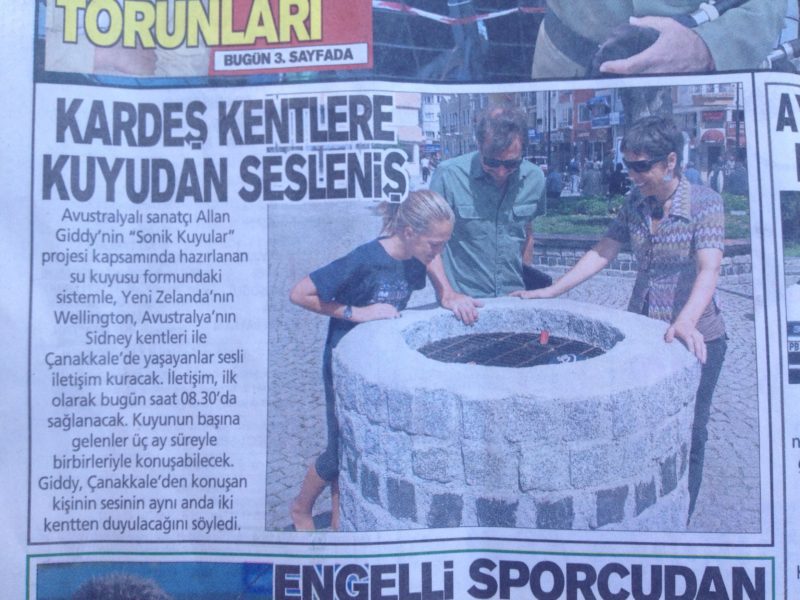
This project was awarded significant funding by Creative New Zealand’s First World War Centenary (WW100) Co-Commissioning Fund, an Arts NSW (now Create NSW) Arts and Cultural Projects Grant, the Australian Federal Government’s Catalyst – Australian Arts and Cultural Fund, and Wellington City Council’s Arts and Culture Fund and significant in-kind support from Canakkale Municipality and Auburn City Council.
